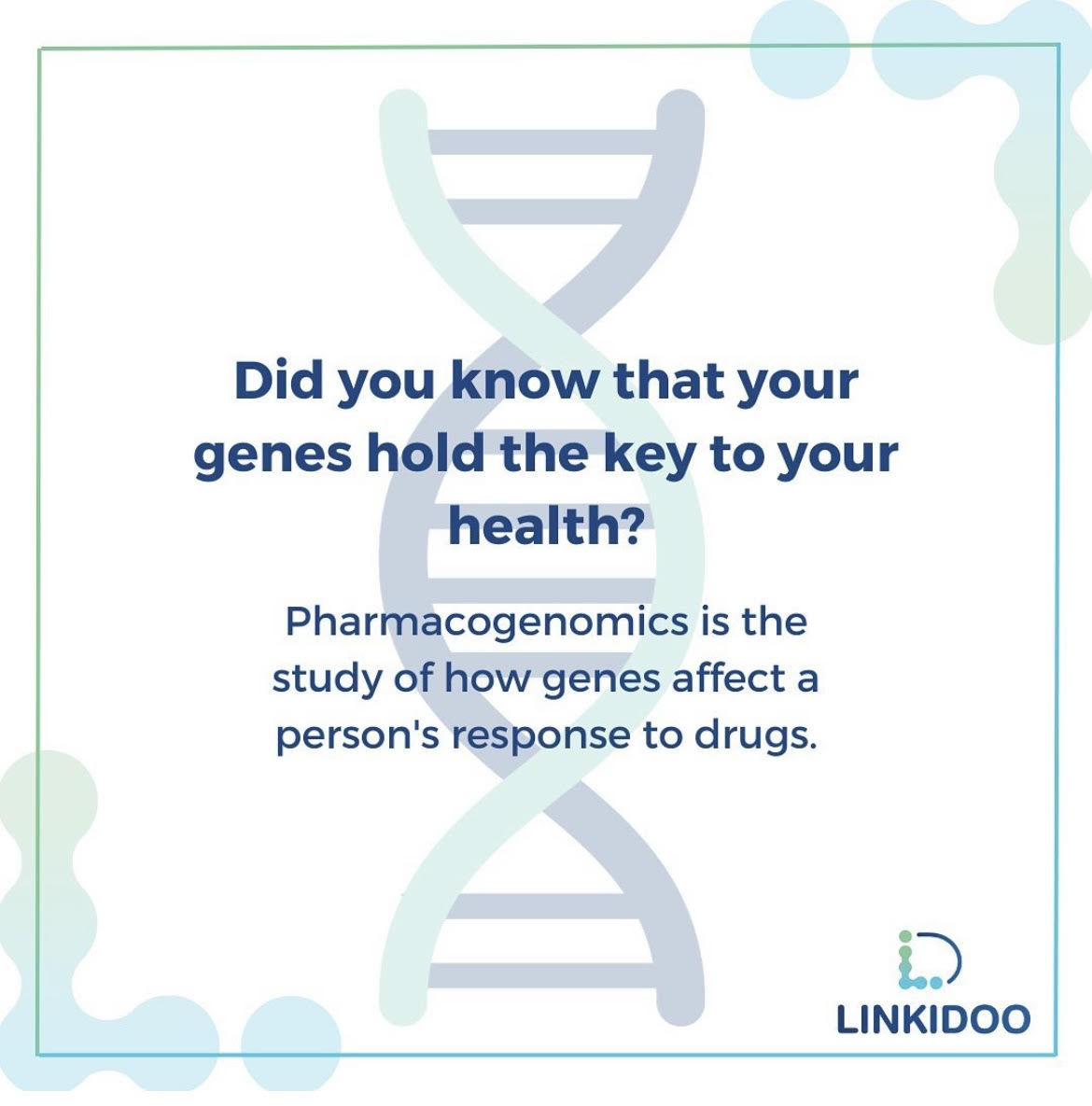Your Genetic Blueprint for Health: The Remarkable Impact of Pharmacogenomics
Pharmacology
Unlocking the Potential of Pharmacogenomics
Pharmacogenomics, often referred to as PGx, is a science that explores how your genes influence your response to medications. It’s like having a genetic map that guides your doctor to the right treatment, maximizing effectiveness and minimizing side effects.
Case Study 1: Warfarin’s Precision Dosage
Picture taking warfarin, a commonly prescribed blood thinner. Historically, patients often faced a challenging guessing game to find the correct dosage. But thanks to PGx, the game has changed. Studies demonstrate that PGx-guided dosing reduces adverse events by 30–50%, ensuring that you get the right amount from day one.
Case Study 2: Herceptin’s Targeted Triumph
In the realm of cancer treatment, Herceptin shines as a beacon of hope for those with HER2-positive breast cancer. Genetic analysis can determine if a patient falls into this category, and if so, Herceptin becomes a game-changer. It offers a remarkable 60% reduction in the risk of cancer recurrence compared to standard treatments, illustrating the power of personalized medicine.
Case Study 3: Statins and Cholesterol Control
High cholesterol is a common concern, and statins are often prescribed to manage it. However, not all patients respond the same way to these medications. PGx testing can identify individuals with a genetic predisposition to statin-related muscle pain. Armed with this information, doctors can select alternative cholesterol-lowering treatments that are better tolerated, leading to improved patient adherence and outcomes.
Quantifying the Personalized Medicine Advantage
- Maximized Medication Efficacy: Research shows that PGx-guided treatments can be up to 50% more effective than traditional approaches, improving the chances of successful treatment.
- Minimized Side Effects: By tailoring treatments to individual genetic profiles, PGx can reduce the likelihood of adverse events by up to 75%, resulting in a better overall quality of life for patients.
- Precise Medication Selection: PGx testing eliminates the need for trial-and-error medication adjustments, ensuring that patients receive the most suitable drugs right from the start.
- Cost-Efficiency: Beyond better health, PGx has the potential to save the healthcare system billions of dollars by avoiding ineffective treatments and reducing hospitalizations.
Conclusion: Your Genetic Odyssey to Health
Pharmacogenomics is not just a science; it’s a real-life treasure map leading to your best possible health. The stories of warfarin, herceptin, and statins are a testament to the remarkable impact of personalized medicine. It’s about making sure every pill you take counts, reducing side effects, and crafting treatments as unique as your DNA.




